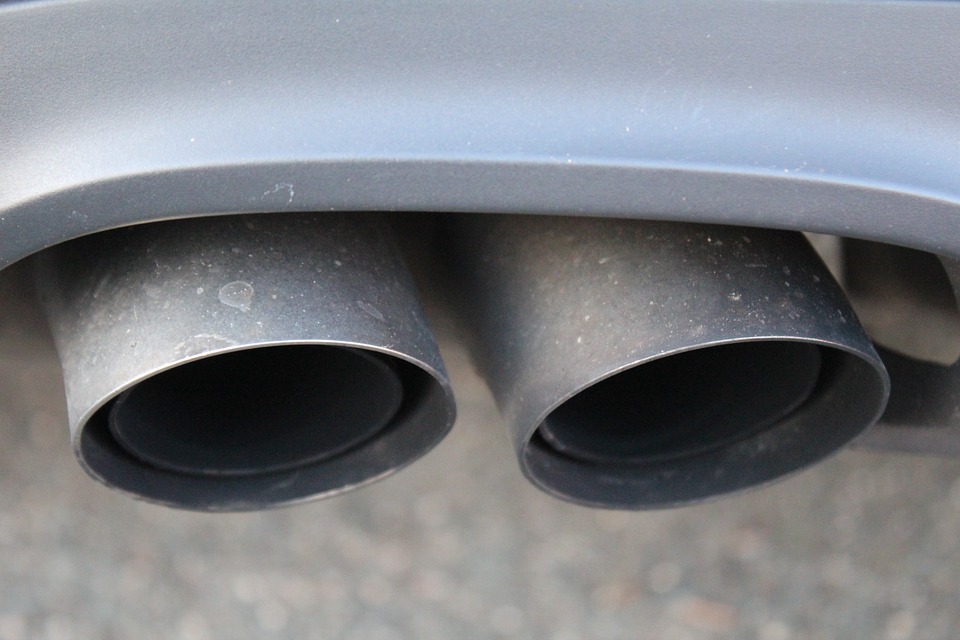New study points to ‘significant’ link between air pollution and diabetes

June 4th, 2018
New US research has found a “significant link” between air pollution and diabetes globally, even at levels deemed safe by authorities.
Diabetes affects over 420 million people according to the WHO. The principal causes are an unhealthy diet, a lack of activity and obesity, with the new study pointing to the impact of air pollution on levels across the world.
The new study in The Lancet Planetary Health states that air pollution can reduce insulin production and trigger inflammation, preventing the body from converting blood glucose into energy that the body needs.
The researchers estimate that pollution contributed to 3.2 million new diabetes cases globally in 2016, accounting for just under 15 per cent of all new cases.
Researchers from the Washington University School of Medicine in St. Louis and the Veterans Affairs (VA) St. Louis Health Care System analysed over eight years’ worth of data from 1.7 million US veterans without a history of diabetes.
They linked the patient data over this time period with particulate matter readings from the US Environmental Protection Agency’s (EPA) land-based air monitoring systems and the NASA’s space-borne satellites.
Researchers also poured over research related to diabetes and outdoor air pollution and yearly data from the Global Burden of Disease to estimate yearly diabetes cases and the health impact of pollution.
“Our research shows a significant link between air pollution and diabetes globally,” said Ziyad Al-Aly, the study’s senior author and an assistant professor of medicine at Washington University.
He said that air pollution increases the risk of diabetes “even at low levels considered safe” by the EPA and the World Health Organisation (WHO). These levels should be “tightened,” he added.

Exhaust Gases Car Exhaust Fumes Grey Exhaust Auto Photo: Max Pixel
Irish air quality
The Irish EPA estimates that air pollution kills 1,500 people every year in Ireland. While EU safety levels are being met, WHO guidelines values were exceeded at a number of monitoring sites for particulate matter, sulfur dioxide and nitrogen dioxide in 2016.
Particulate matter present in the air is so small that they can pass through body tissues and into the lungs, causing respiratory issues, such as allergies or asthma, as well as heart disease, stroke and cancer.
In Ireland, particulate matter primarily comes from the burning of solid fuels for home heating, while nitrogen dioxide mainly comes from diesel cars on our roads.
“Ireland has good air quality relative to many European countries but we are approaching the EU limit value for nitrogen dioxide in our urban areas,” an EPA spokesperson told The Green News.
The European Commission is reviewing the current EU legislation governing air quality, with the EPA “fully supportive” of a move “to reflect the WHO air quality guideline values”.
The current heatwave is also increasing ground-level ozone pollution, the EPA spokesperson said, due to the chemical reactions of exhaust pollution in intense sunlight.
Last week, the ground level ozone approached the public information threshold value of 180µg/m3, which is “unusual” for Ireland, the spokesperson said.
The EPA recommends a transition from the burning of solid fuel to cleaner, more energy efficient methods of home heating and to alternative modes of transport such as walking, cycling and electric vehicles.
“To incentivize and compliment these behavioural changes in the public, it is imperative that Ireland adopts policy solutions that can improve ambient air quality,” the EPA spokesperson added.
[x_author title=”About the Author”]







